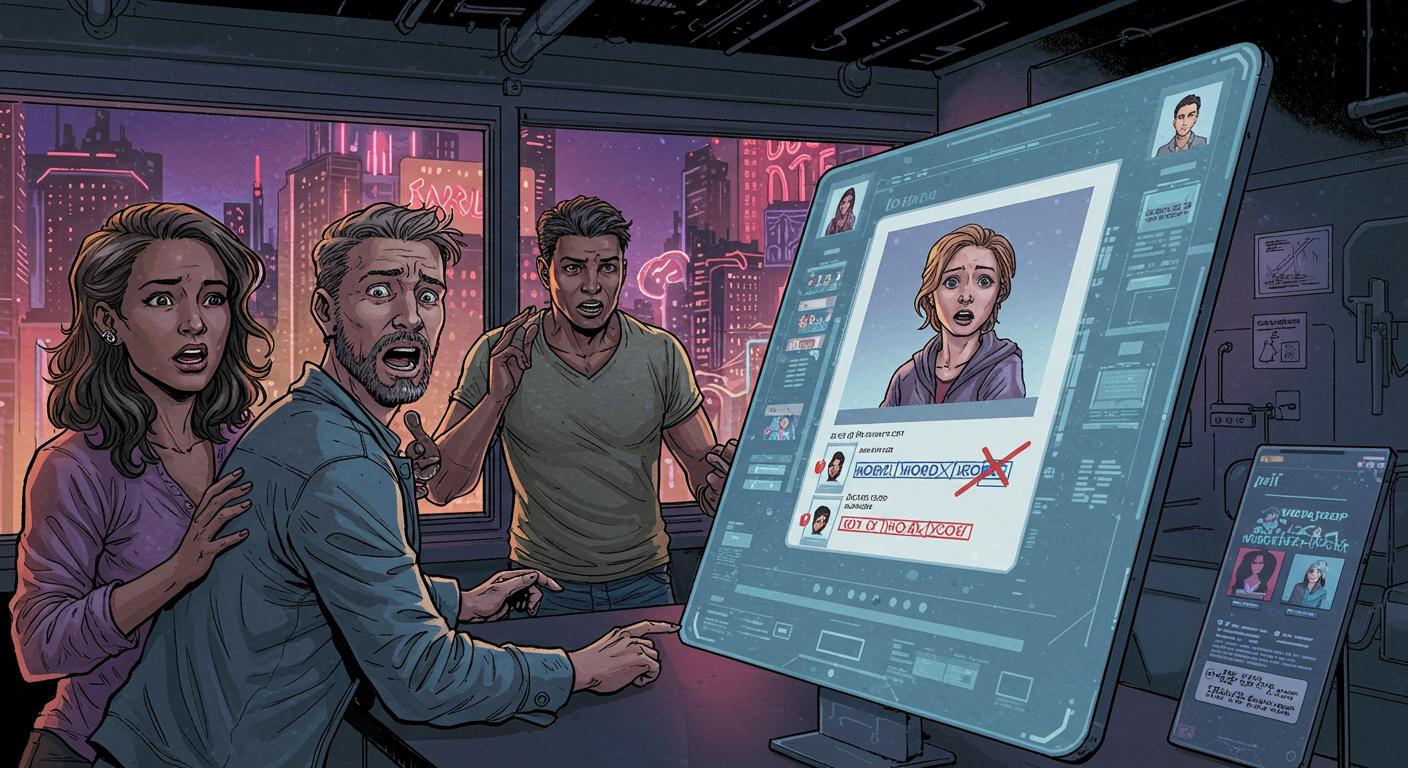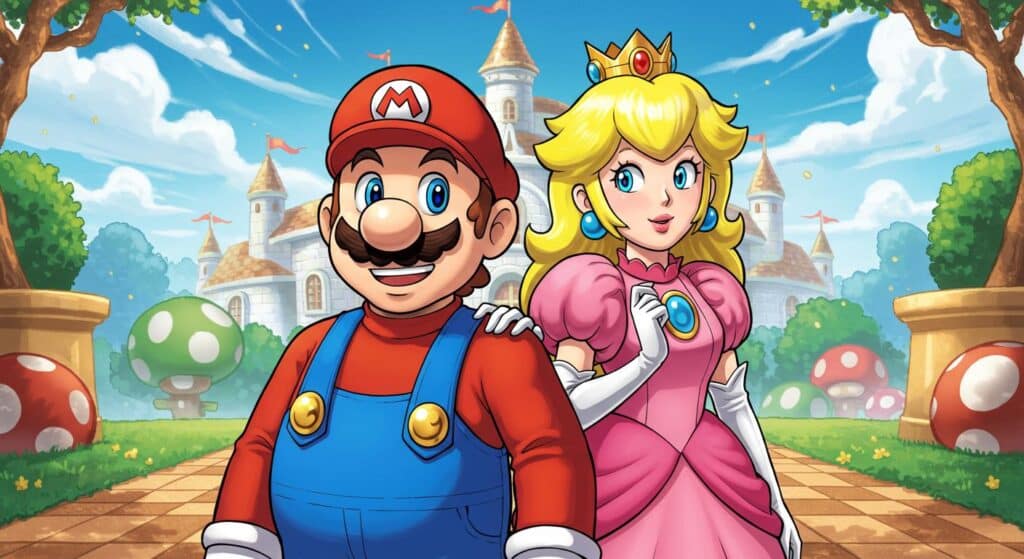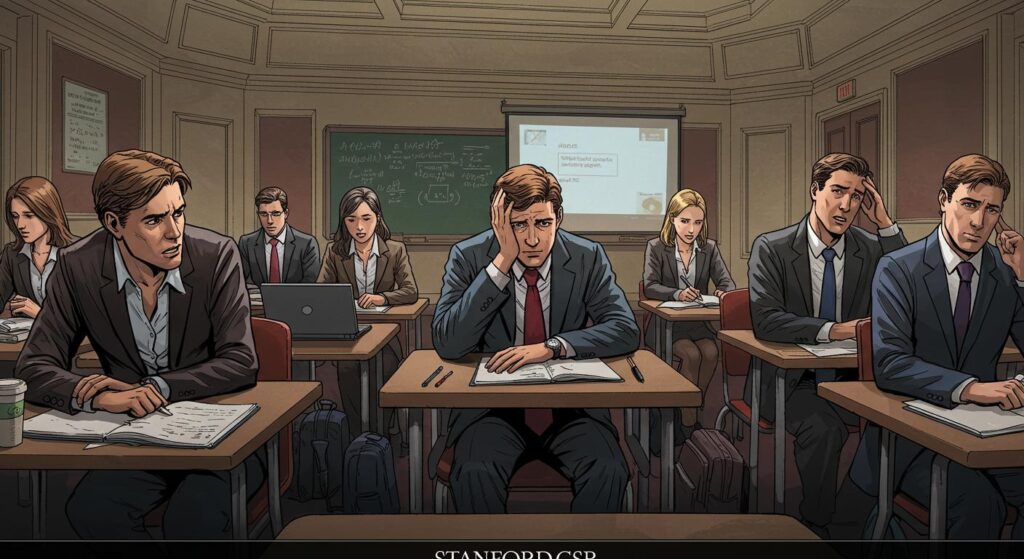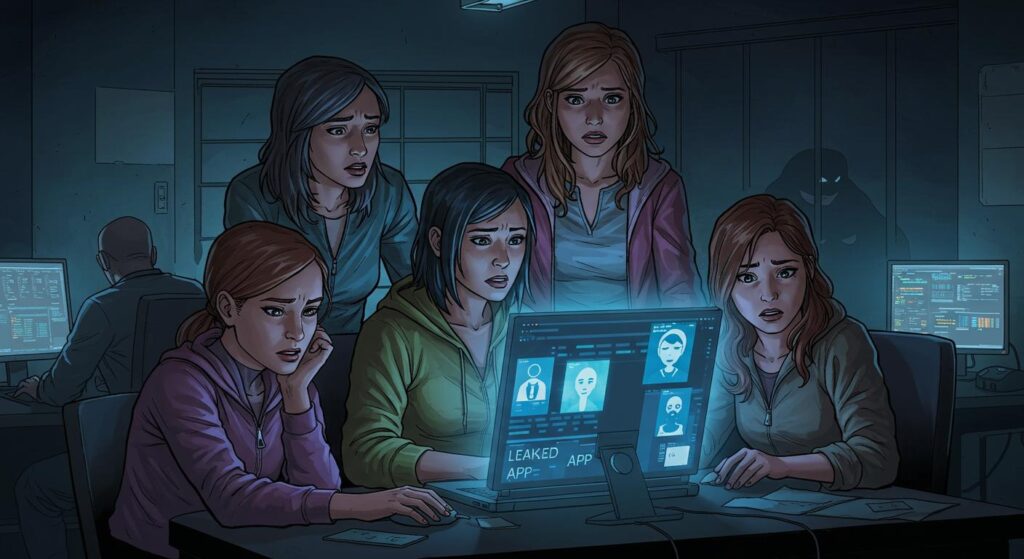Sometimes the patterns are plain, sitting in the open and waiting for someone to tally them up. “No fats, no femmes, no Asians”—for better or usually for worse, anyone who’s browsed LGBTQ dating apps is familiar with the dog-eared code of user bios. But as 404 Media reports, Grindr is making a very particular addition (or subtraction) to its lexicon: you can say just about anything in your profile, except “no Zionists.”
To be clear, that phrase—“no Zionists”—is flagged by the app with a custom error message banning its use, even as a litany of other exclusionary, and arguably hateful, filters remain untouched. The specificity isn’t subtle. Try it, and you’re met with: “The following are not allowed: no zionist, no zionists.” Try “Zionist” on its own? That’s fine. Experiment, as reporter Samantha Cole did, and you discover you can still add “no Arabs,” “no Blacks,” “no Palestinians,” “no Muslims,” “no Christians,” “no Jews,” “no trans,” “no Republicans,” “no Democrats”—far from a complete list. But only “no Zionists” gets you bleeped out.
Rules Enforced (and Not)
Grindr’s terms of service, quoted in the 404 Media piece, paint a pretty familiar picture for anyone who’s ever clicked “I agree” on a social network: don’t post anything offensive, defamatory, obscene, or hateful. The user agreement is meant to be a catch-all, sweeping away the worst with a broad push broom. But the real enforcement—the digital equivalent of someone actually coming to check for dust—is always where things get interesting, and sometimes reveals more than a whole treatise on content moderation.
The platform’s track record around bigotry is, let’s say, patchy. Back in 2020, Grindr announced with fanfare (and, as the BBC and others noticed—per 404 Media’s account—a not-so-urgent timeline) the removal of its ethnicity filter, promising a “zero-tolerance policy” for racism and hate speech. Yet here we are in 2025 with the phrase “no Blacks” sailing right through profile creation, while “no Zionists” hits a firewall. This isn’t editorializing, just a matter of technical fact, as established by both reporter and users going through the digital motions.
The reason for this lone restriction? No public explanation—the company hasn’t commented, 404 Media notes, and a dive through their terms sheds no extra light. The ban appears to have cropped up some time after May 2024, drifting in like so many unsung changes to the rules of engagement. If there’s an overarching policy aim, it’s hard to decipher.
Context and Backdrop
The debate over Zionism online hardly needs an introduction, and dating apps have long been a microcosm, if not a powder keg, for political and identity fault lines. As summarized within the 404 Media report, The Forward noted in September 2024 that “pro-Israel Jews” expressed feeling targeted when using Israeli symbols or stating Zionist views on dating platforms, including Grindr. Similarly, 404 Media relays from the Jerusalem Post and the LGBTQ advocacy group Aguda that attackers in northern Israel reportedly used fake Grindr profiles to lure victims, underscoring how complex the mix of digital and real-world threats has become.
One user, cited by 404 Media, doesn’t mince words—calling the policy “gross,” and lambasting what they see as Grindr’s selective protection of ideologies over people. The sentiment taps into perennial questions about who gets defended by moderation policies, and whose safety (or sense of belonging) actually drives corporate decision-making. In the absence of any statement or transparent logic from the company, speculation blooms.
The Loud Absence
What stands out here is not just what is forbidden, but the gigantic, blinking list of what isn’t. Grindr appears willing to let nearly any exclusionary or discriminatory language slip by, as long as it doesn’t trip on this one particular tripwire. Is this the digital equivalent of a homeowner sweeping one very specific cobweb, while the rest of the house crumbles around them? Or just another algorithmic artifact, more accidental than intentional? When patterns are visible, in the pattern-spotting business, there’s a fine line between conspiracy and coincidence—but sometimes the pattern is simply as it appears.
The founder’s nationality and the platform’s public relations landscape might offer hints, and history is littered with examples of tech platforms bending policy in highly targeted ways. Still, without transparency from Grindr itself, any explanation is part guesswork, part speculative fiction.
It does beg the question: if Grindr’s moderation is this targeted, what other invisible lines exist, drawn and redrawn by unseen switches in the code? And how many users, making their way through the textboxes, will notice which phrases are quietly allowed—and which are not? It’s remarkable, if not a little absurd, how a few forbidden words in a dating app bio can offer such a compact glimpse of the broader internet’s peculiar, patchwork morality.







